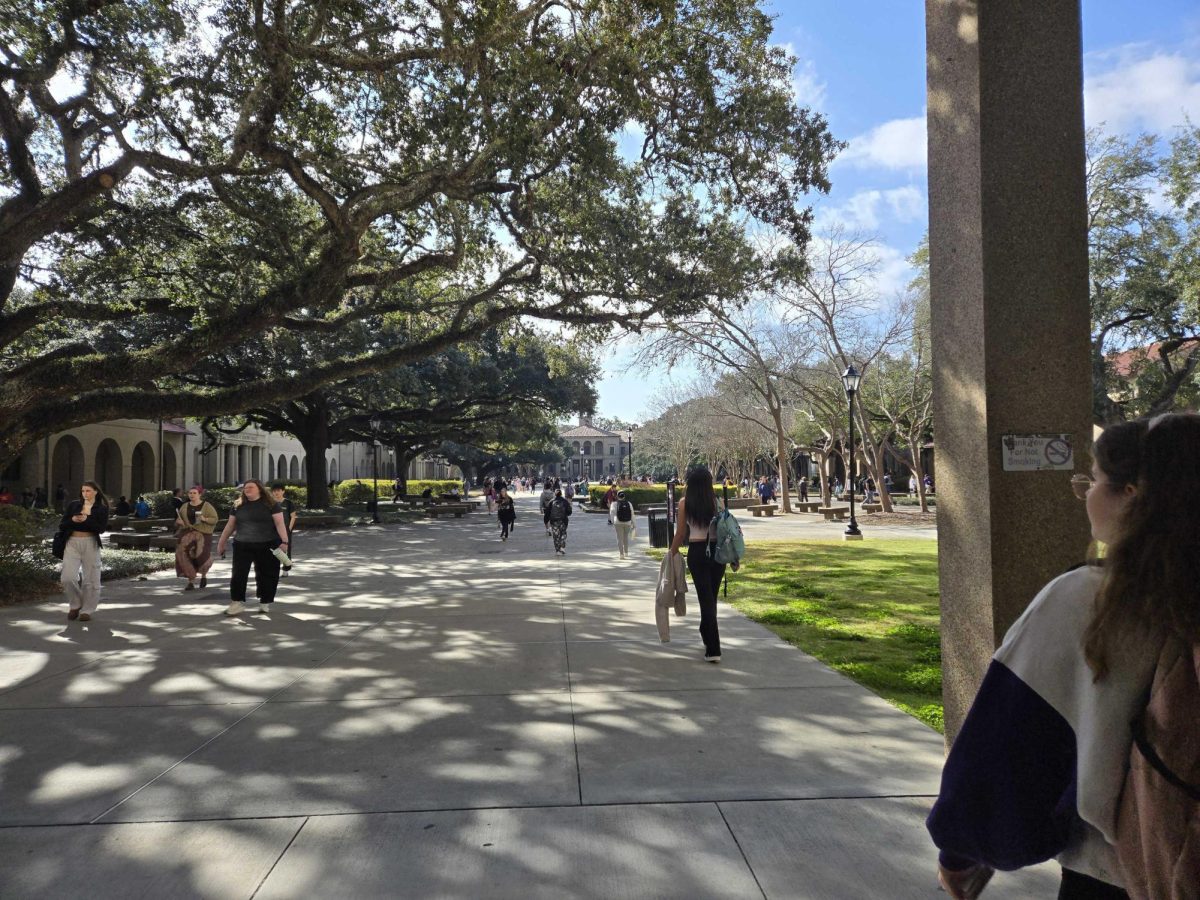From the beginning of lockdowns last March to today, many parents have decided to take their children’s education into their own hands. In fact, the Census Bureau reports that the number of independent homeschoolers has more than doubled since last year.
Once thought to be a fringe alternative learning movement, homeschooling has become a racially, socioeconomically and ideologically diverse community of families, including my own. As a now-sophomore in college, I think back on my 18 years of home education fondly, and believe the rapidly expanding schooling choice will benefit countless students.
By far, my favorite part of homeschooling was the flexibility I had with my education. As a young student, I struggled with math but never with reading or grammar. Since I was in a class of my own, I could devote my time and attention to classes as I needed to.
With no definite class schedule or due dates, my family could schedule “school days” around a busy work and extracurricular schedule. My days typically consisted of finishing school quickly to pursue whatever interest I had at the time. A routine like this allows students to pursue whatever they’re most interested in, all while working through the core curriculum at their own pace.
Because homeschooled students aren’t bound by traditional test days, due dates or homework assignments, detractors frequently cite concerns with student performance. This thinking has led officials to require higher standards of their homeschooled students than their traditionally educated counterparts.
For instance, a Louisiana homeschooled student must have an ACT composite score two points higher than a Louisiana high school student to be eligible for TOPS’ entry-level Tech Award. This comes at seemingly no consequence to homeschooled students, as they consistently perform better than publicly schooled students on the ACT, according to ACT.org. Moreover, a 2010 study by the Journal of College Admission found that homeschool students finish high school with more college credit and a higher GPA, meaning more scholarships and opportunities await them in post-secondary education.
As homeschooling’s popularity has grown, so have programs to foster a social livelihood for these students. Homeschool groups around the nation often offer weekly meetings, called “co-ops,” where parents offer academic and recreational classes to an intermingled homeschool crew. Sports teams across the nation have thrived by competing with other homeschool and some private school teams.
These groups have expanded and, with them, the ability to have universal high school experiences. Events like homecoming games, prom and graduation have all migrated to the homeschool world, giving homeschoolers a social life nearly indistinguishable from that of traditional students.
Homeschooling has given my family and others the freedom to pursue an education tailor-made for individual students, allowing them to flourish where they can and focus where they need. As more people join this academic pajama party, I certainly believe there’s plenty more that homeschooled students have in store for the future of our world.







